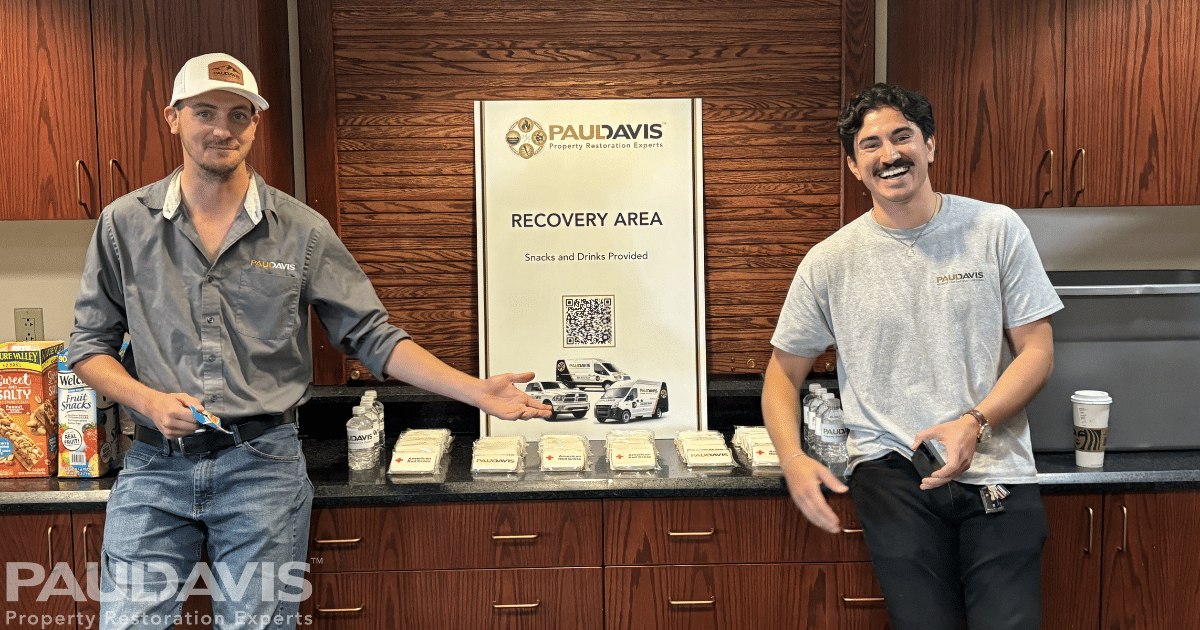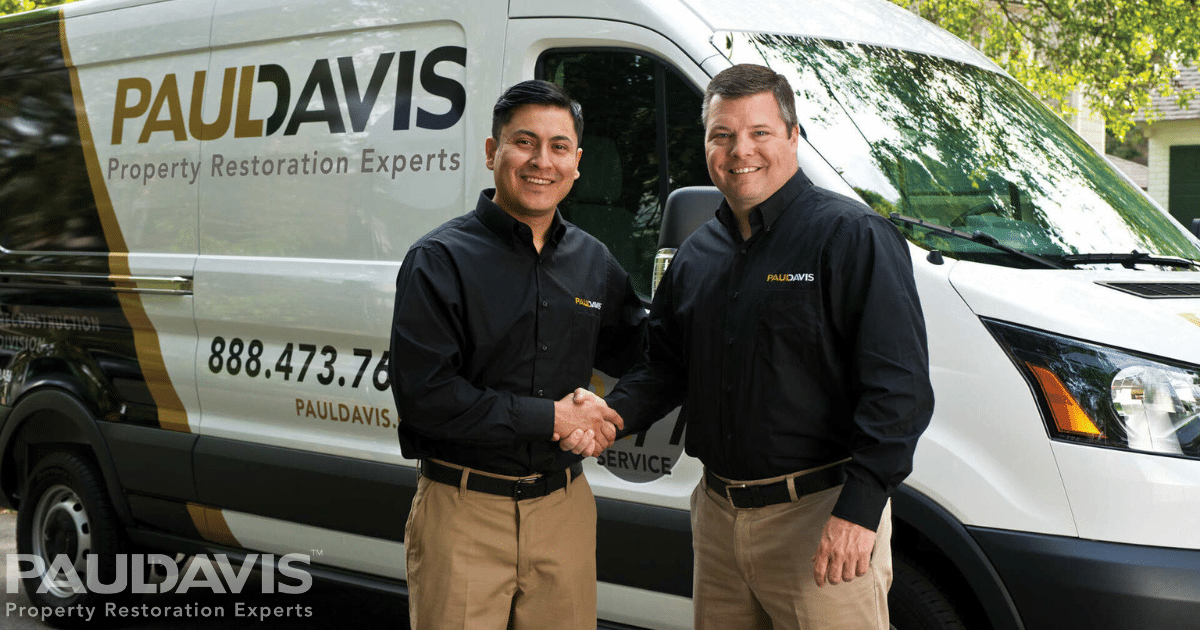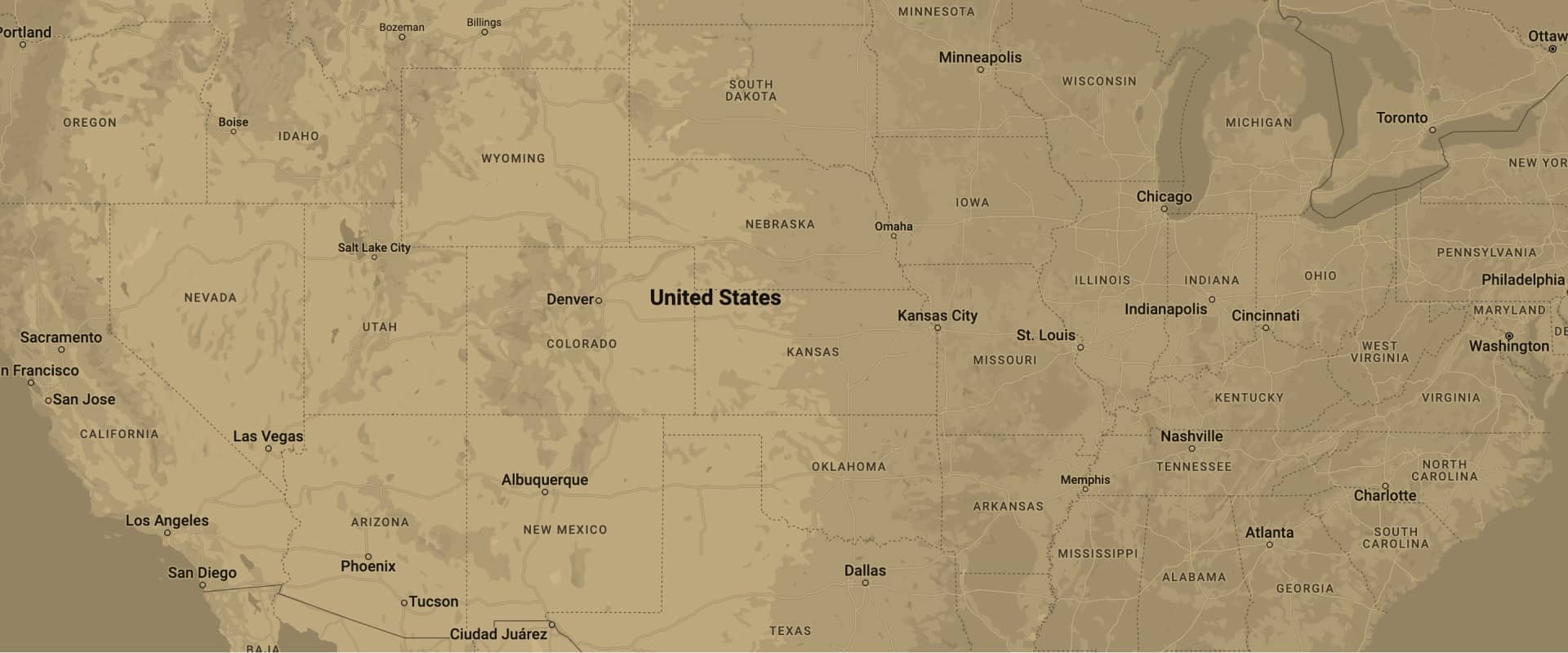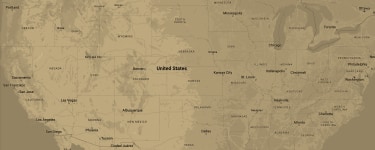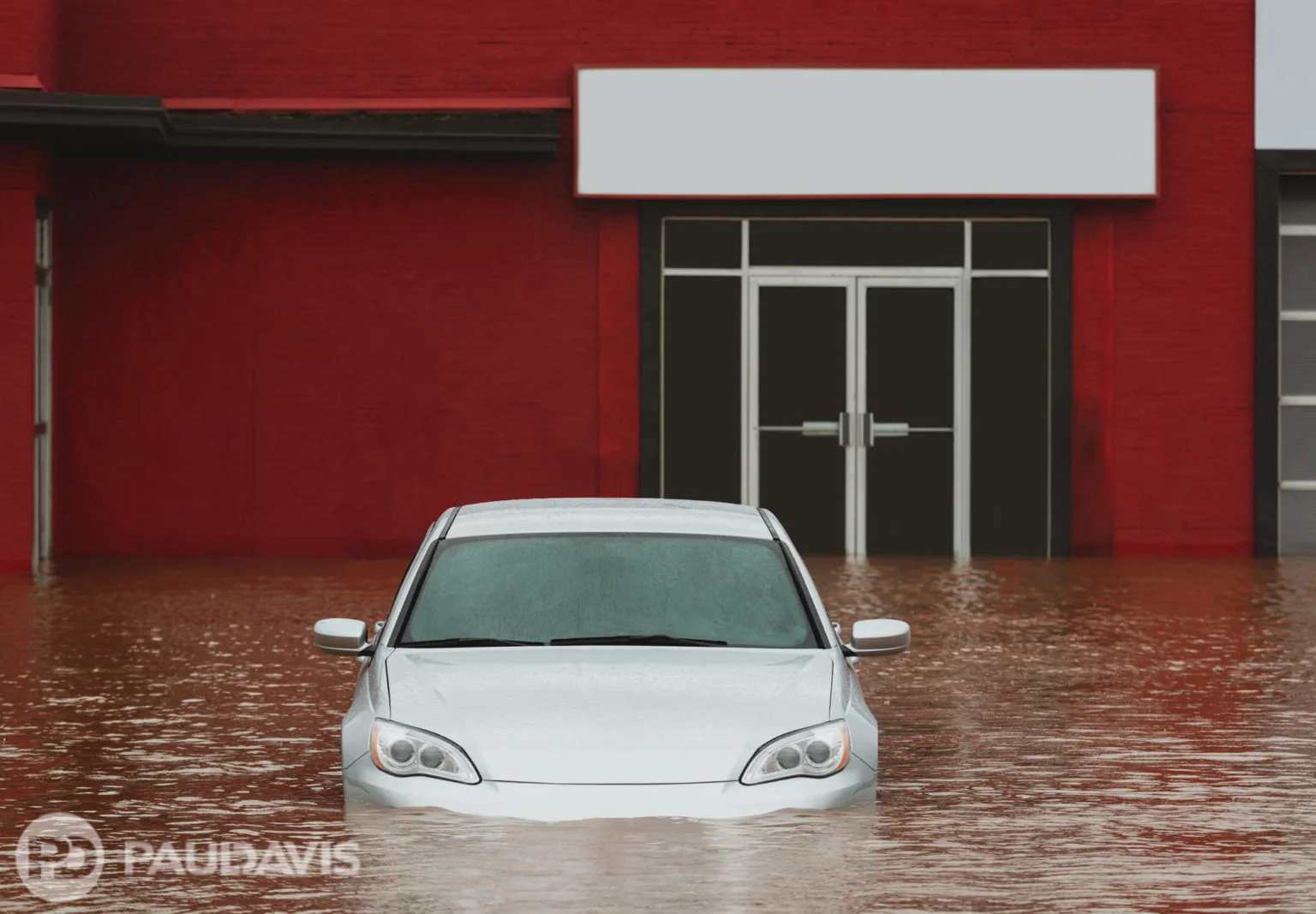
Here’s all you need to know to fear flash floods: they are the number one cause of weather-related deaths in the United States. They can surge so suddenly that it’s hard to believe your eyes. Many victims report depths that rise from floor-level to shoulders in a few minutes. They settle down for a television show in a snug, dry home and run for their lives before opening credits finish. Flash floods are awesome displays of nature’s power that command extreme respect paired with careful precautions.
“Most flash floods happen when there is a high intensity of rainfall over a short period of time – in some parts of the continent, the rain may fall far in the distance yet the flood inundates your neighborhood,” explains Bob Hillier, President of Paul Davis of Greater Houston, Texas, who says they have been reported in every U.S. state and every Canadian province. “Sometimes they occur when a dam fails or water held by an ice dam is suddenly released.” Hillier and colleagues across North America recommend a staged approach to protect businesses and homes.
Before a flood threatens
Make emergency plans: Agree on a safe meeting place ahead of time for employees or family to gather. Secure emergency resources such as a three-day supply of water, easily opened food (no tools, cooking or refrigeration required), medical items and communications devices to track weather developments and contact local emergency responders if necessary.
When a flood threatens
Review escape routes, prepare the premises, stay informed: If access to sandbags is available, place them to protect your business or home – especially doors and low windows. Observe changing conditions carefully and track broadcast warnings for your area.
When a flood warning is issued
Leave the premises: Get to higher ground immediately as you stay tuned to emergency channels; avoid roads likely to flood and choose the fastest route. Don’t drive or wade into floodwaters – fast-moving water a few inches deep can knock down a grown adult and most deaths in flash floods strike victims who drove a vehicle into floodwaters. If unable to reach higher ground, seek elevated positions like roofs.
After a flood strikes your property
Choose a disaster recovery firm carefully: In the aftermath of a devastating flood, resist pressure from companies that arrive unexpectedly at your property and/or urge you to sign restoration contacts. Trustworthy companies like Paul Davis want you to contact your insurance carrier, reach out to recommended firms, carefully weigh options and get a number of estimates before deciding who is best equipped to help your business or family recover.
“It’s critical to anticipate flash floods because their tremendous force destroys roads and bridges, rips trees from the ground and washes away boulders weighing tons,” Hillier concludes. “Don’t think your business or home is immune. One in four flood insurance claims are filed for properties outside of designated flood zones.”

